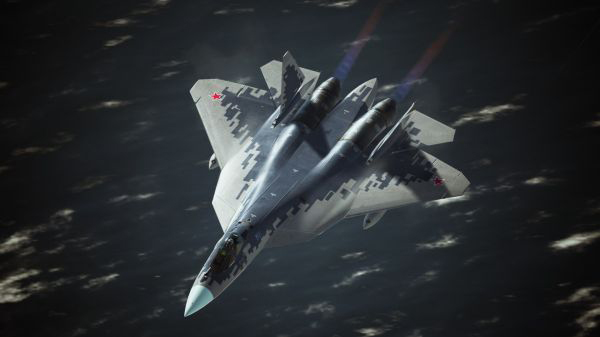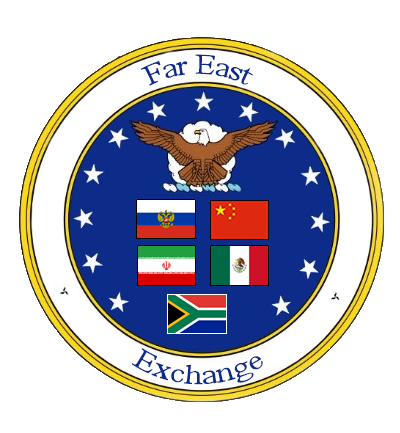

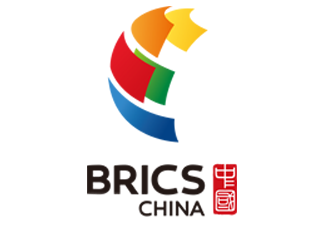




News Feed 
Limited Edition
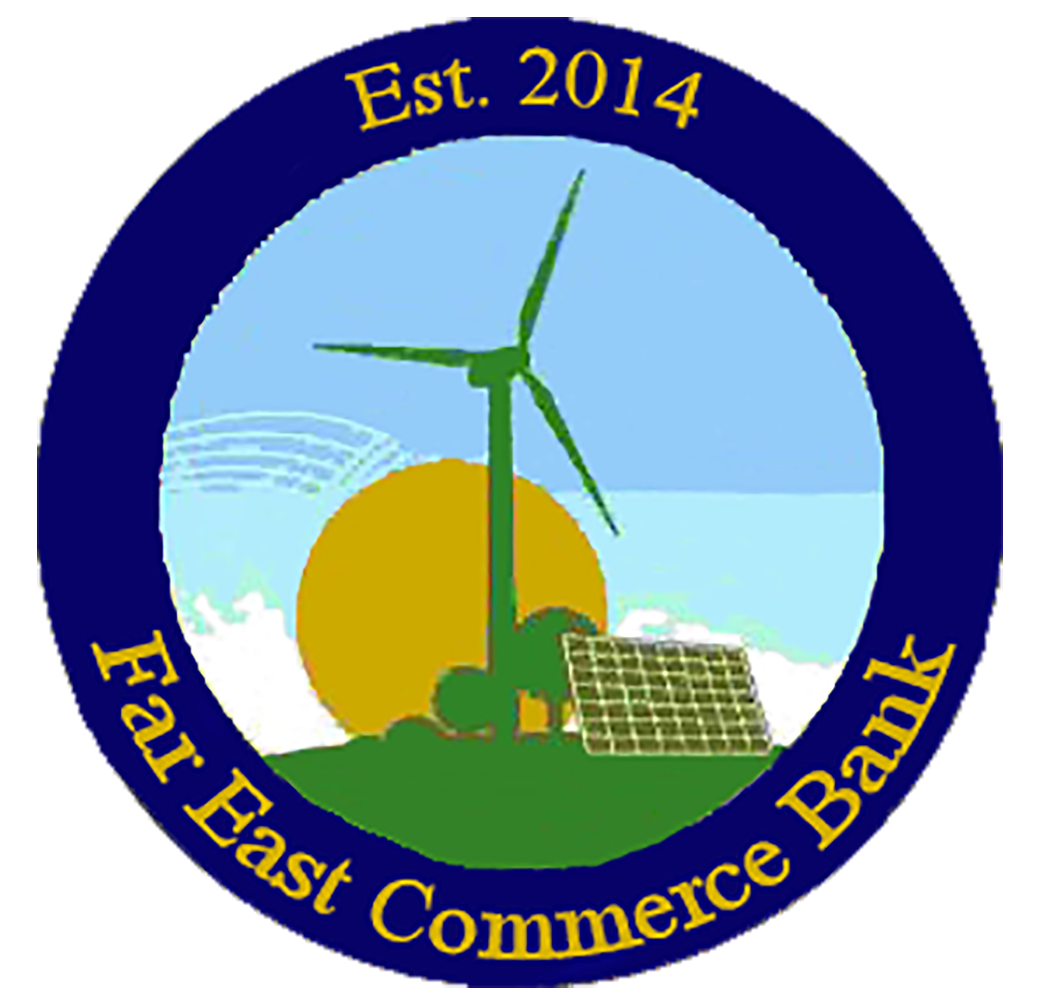
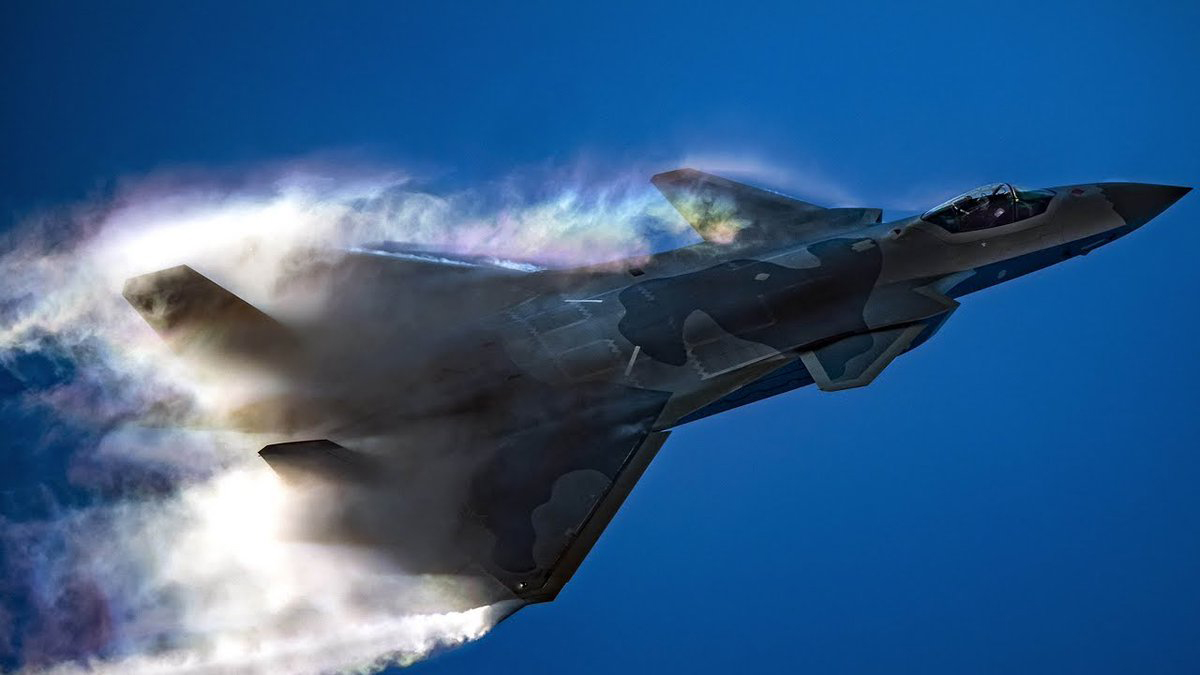
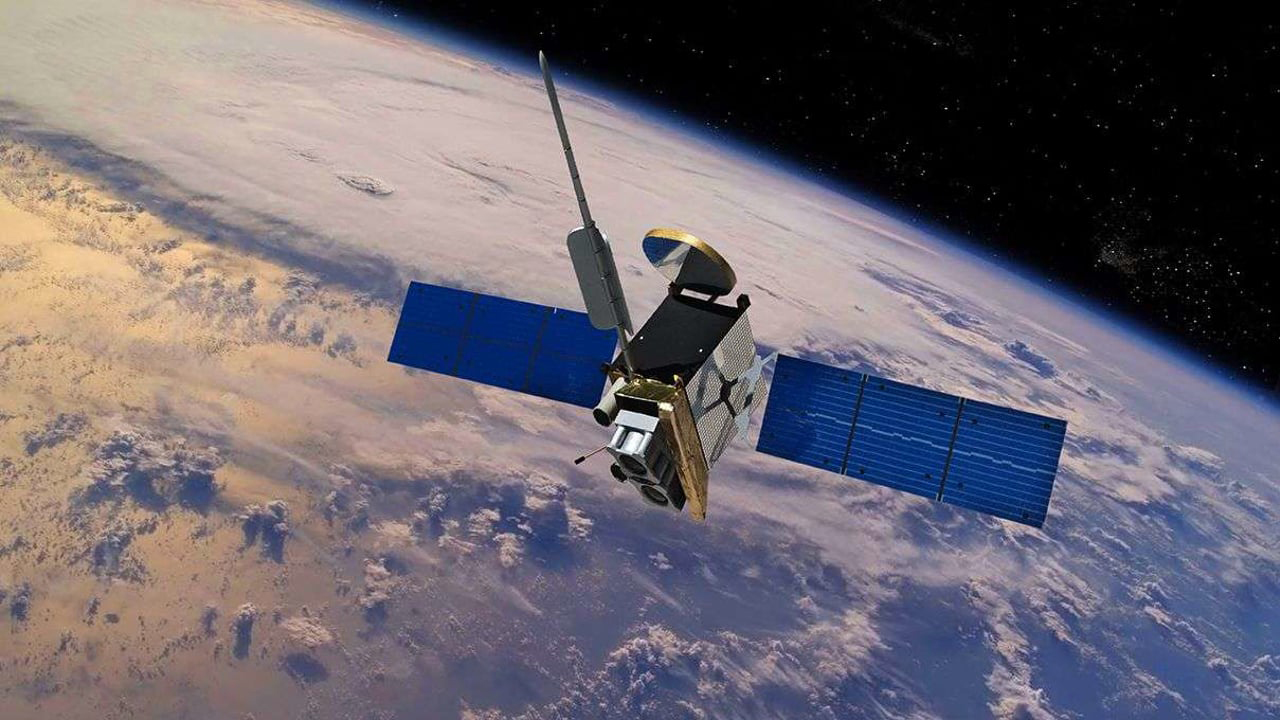
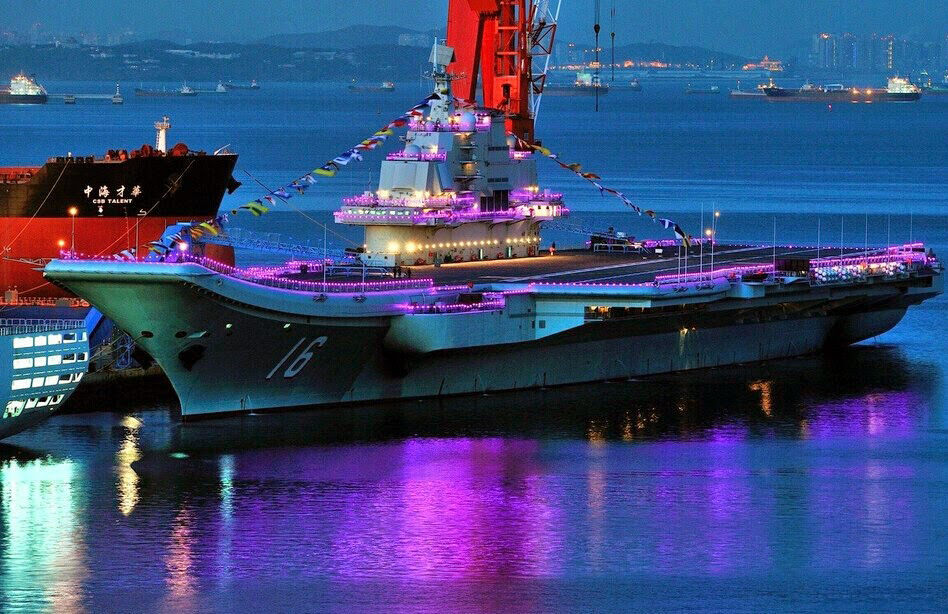
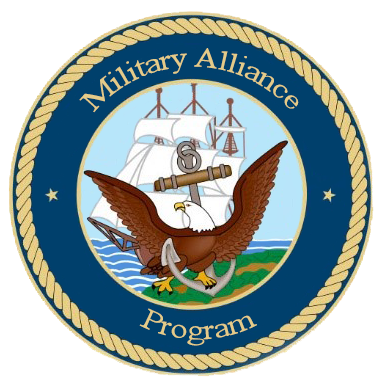
 The October Ticker
The October Ticker 
"Deep Sea Laws in Depth"



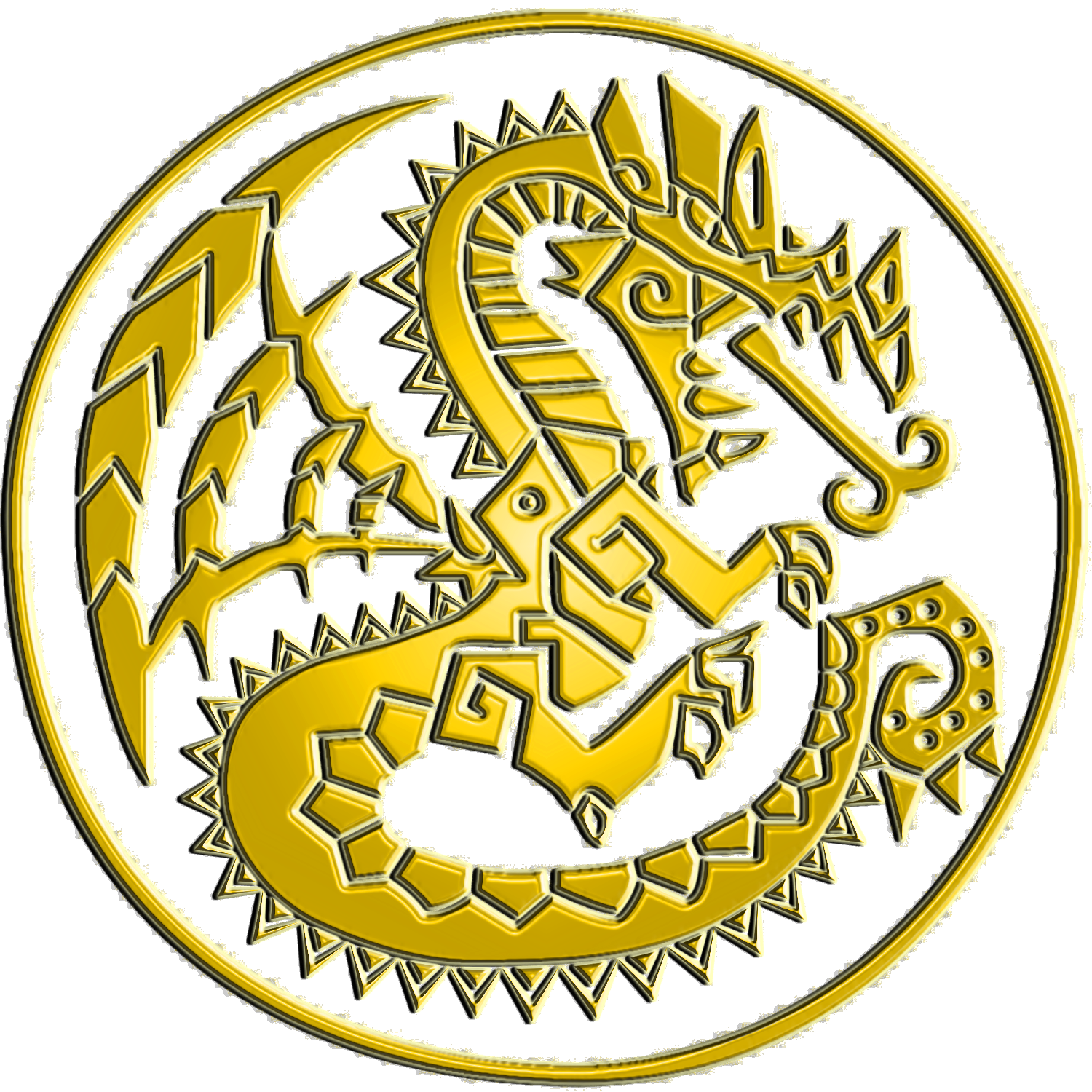 MICEX Intermarket News
MICEX Intermarket News 
 |
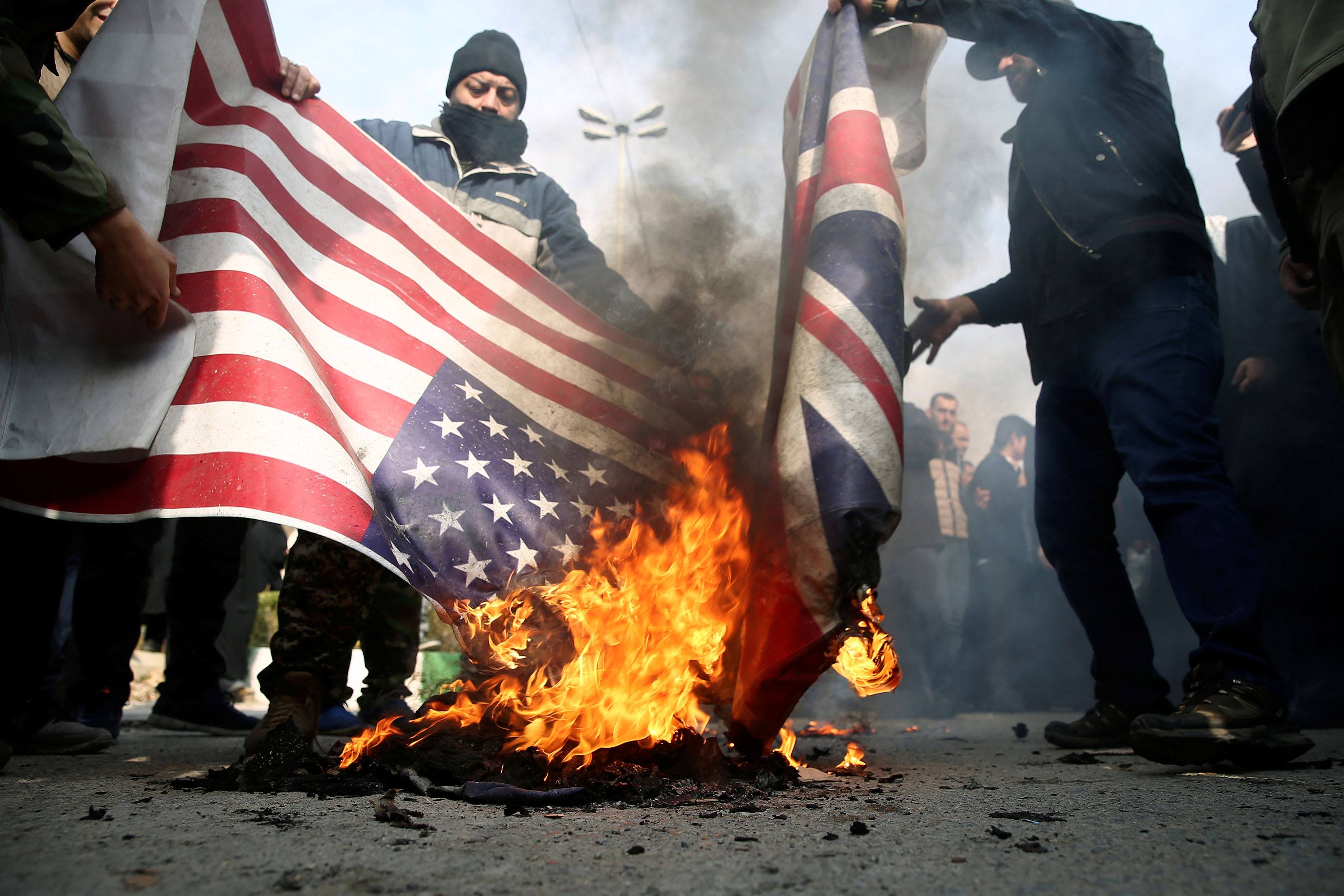 |
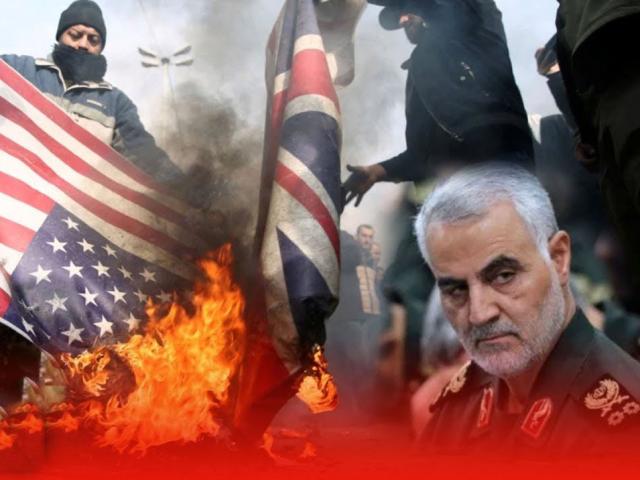 |
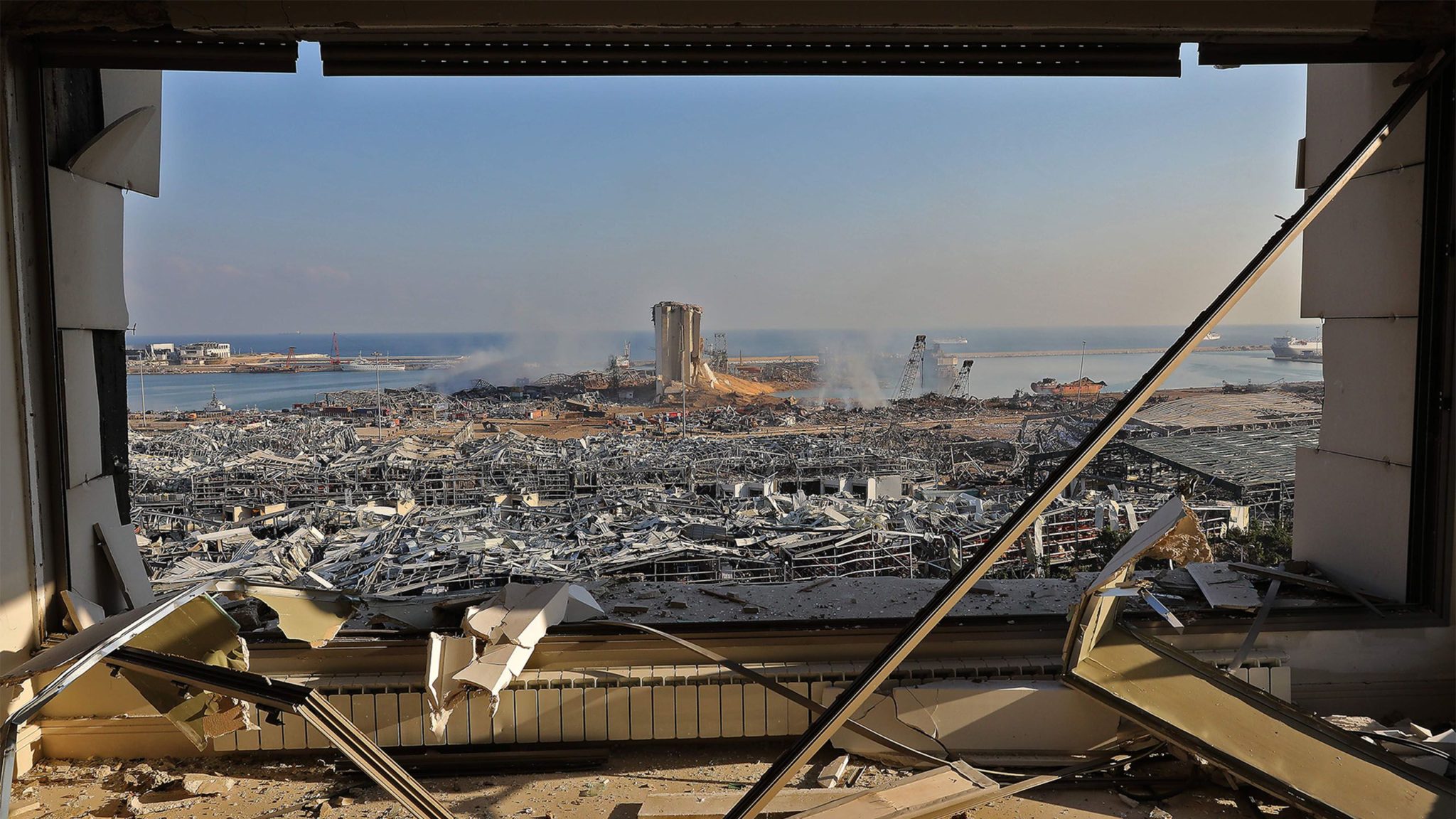 |
 |
The Brent Strike
|
|
 |
|
 Iran Employs Multi-Strike Tactics Against US Threats
Iran Employs Multi-Strike Tactics Against US Threats 
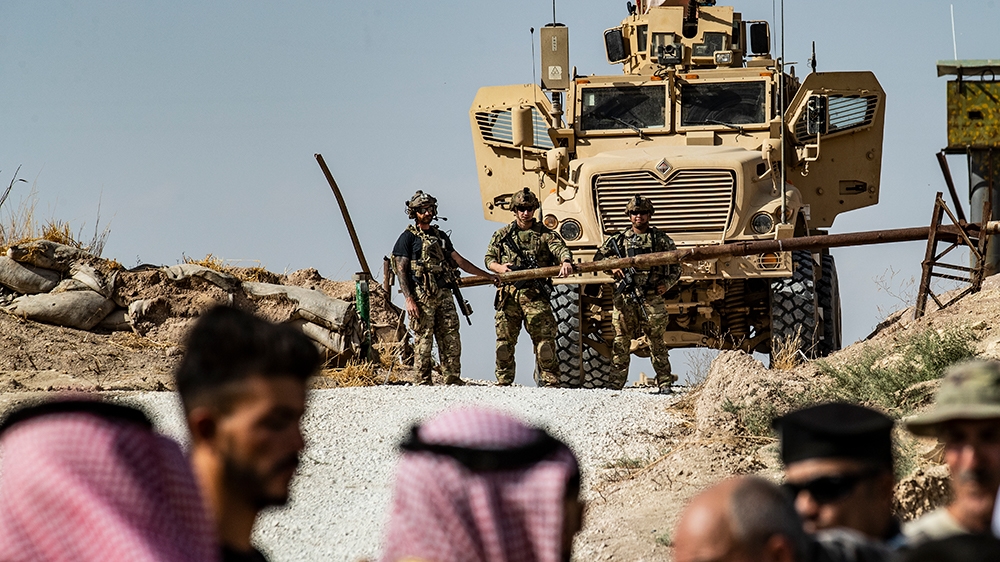
14.08.2020
19:47 PST
SF Bay Area, CA – Relentlessly, the US is posing from economic terrorism against Iran as attempts to decimate the nation with Saudi Arabia weigh. Frivolously, US sanctions against Iran, Russia, Turkey among several other nations reflect a landslide bias toward the expansion of Western political influence. Likewise, military-based rioting throughout the region enables Iran to employ multi-strike tactics against US threats. Militarily, Iran is prepared to weigh against Western expansion as economic sanctions fail to seclude the nation. Additionally, mounting tensions in Israel leads to a sudden start of a nuclear war from Iran since: US Zionism is viewed as economic terrorism, withdrawal of US troops in Iraq is based on threats from ISIS, and the US military build-up against Iran subdues the global economy.
Recently, Hezbollah's Secretary General Sayyed Hassan Nasrallah stated, "The Israelis now are having existential fears. They fear the entity’s existence and continuation." Meanwhile, Israel has sought to normalize its relations in the region with Egypt, Jordan and the UAE for US President Donald Trump to elude a US troop withdrawal.
Moreover, Iran has fashioned its military to deliver a sudden strike on US targets such as: the Nimitz-class US aircraft carrier, low-altitude drones in remote areas, and quick reaction forces from nearby military installations. Politically, Iran is focusing on expanding its military capacity to include multi-force naval communication on the Indian Ocean. Emphatically, a spokesman for Iran’s Islamic Revolution Guards Corps (IRGC) mentioned, "The hostile front has well understood that according to the defense doctrine of the [Iranian] Armed Forces, no move against Iran's national interests will go unanswered and will be faced with appropriate and firm reactions within the framework of [the principle of] aggressive deterrence."


 MICEX Intermarket News
MICEX Intermarket News 
 |
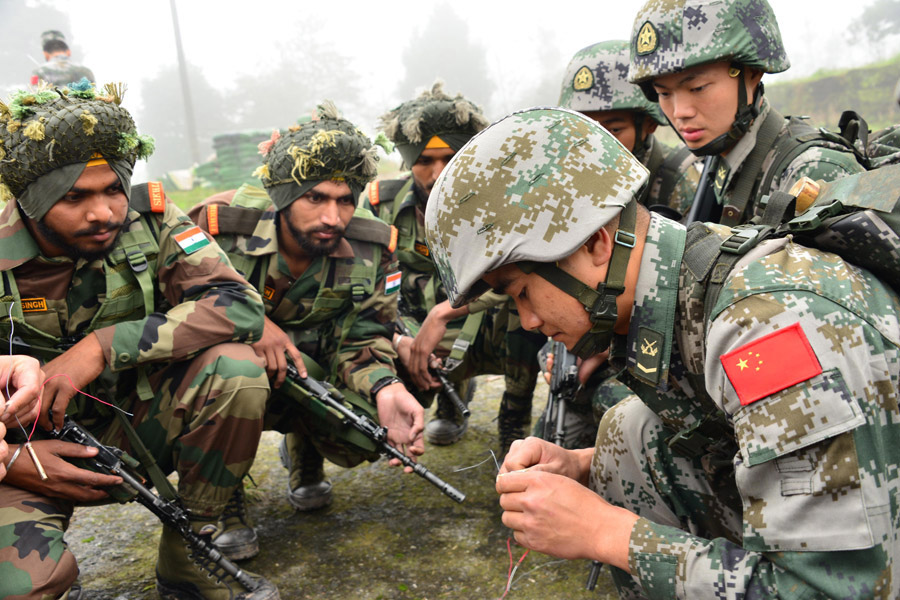 |
 |
 |
 |
The Gold Zone
|
|
 |
|
 Afghanistan Gears for Economic Expansion
Afghanistan Gears for Economic Expansion 
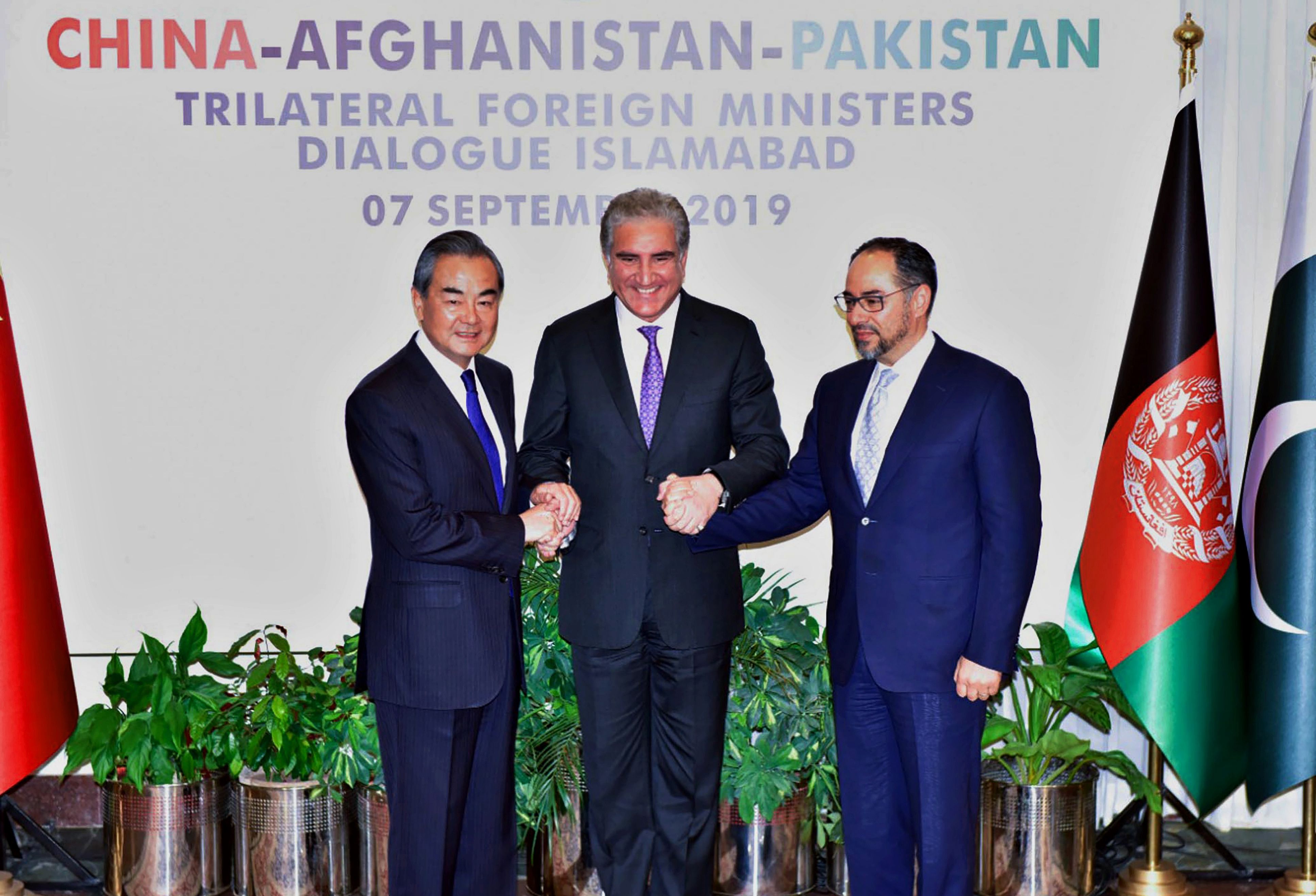
15.08.2020
23:10 PST
SF Bay Area, CA – Nationally, Afghanistan is shifting towards the Republic system in which the intra-Afghan talks with the Taliban are based. Historically, international relations in Afghanistan have expanded from the Republic system. Politically, the peace agreement between the US and Taliban established in Doha, Qatar builds a firm degree of trust for the formation of a new Republic system. Meanwhile, the US vexes the readiness of the Afghanistan government to shift with the Taliban over ties from Israel. Economically, a unified Afghanistan breaks the grip of rising government debt for the nation as the region surpasses US trade embargoes. Moreover, new military bridges in Afghanistan with the Taliban stabilizes international trade and achieves greater turn-over in the local markets.
Patiently, the Taliban awaits the next round of intra-Afghan talks as its support for a unified system of governance is based on several political factors. Accordingly, the growing impact that Russia and China has on rising government debt from spriraling US trade embargoes enables intra-Afghan talks to proceed
Steadily, Afghanistan's chief negotiator Massoum Stanakzai in the intra-Afghan talks said, "The national interests is the major issue and the red line, the thing that lead Afghanistan to a single goal. That is a sovereign, independent and united Afghanistan with a peace covering not only Afghanistan, but also the entire region. We want democracy in Afghanistan. We don’t need to erase developments on education system and think about something new."


 MICEX Intermarket News
MICEX Intermarket News 
 |
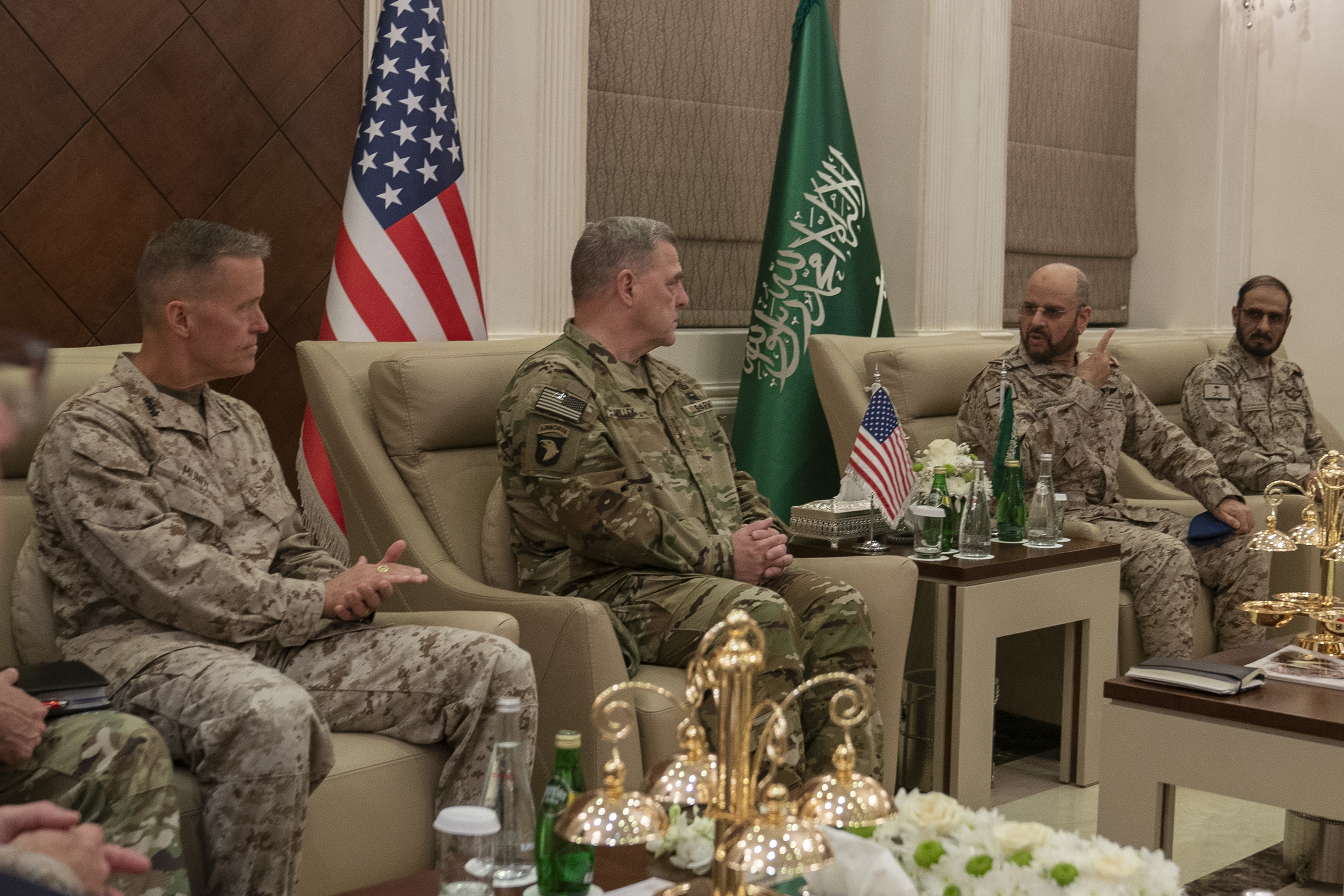 |
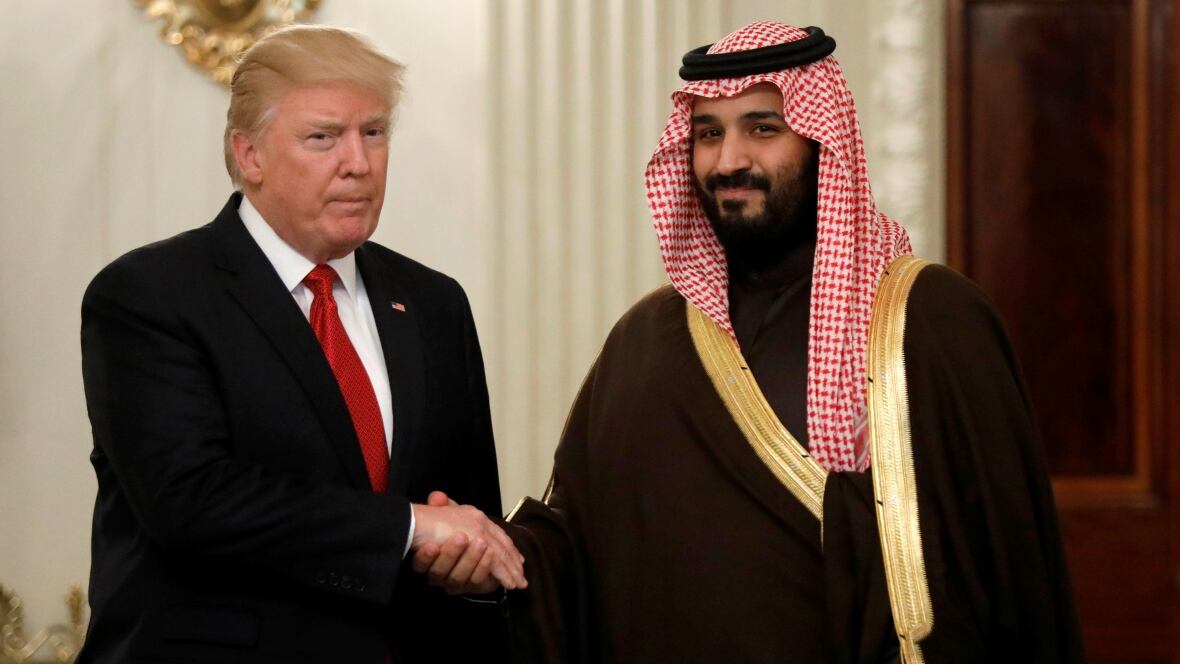 |
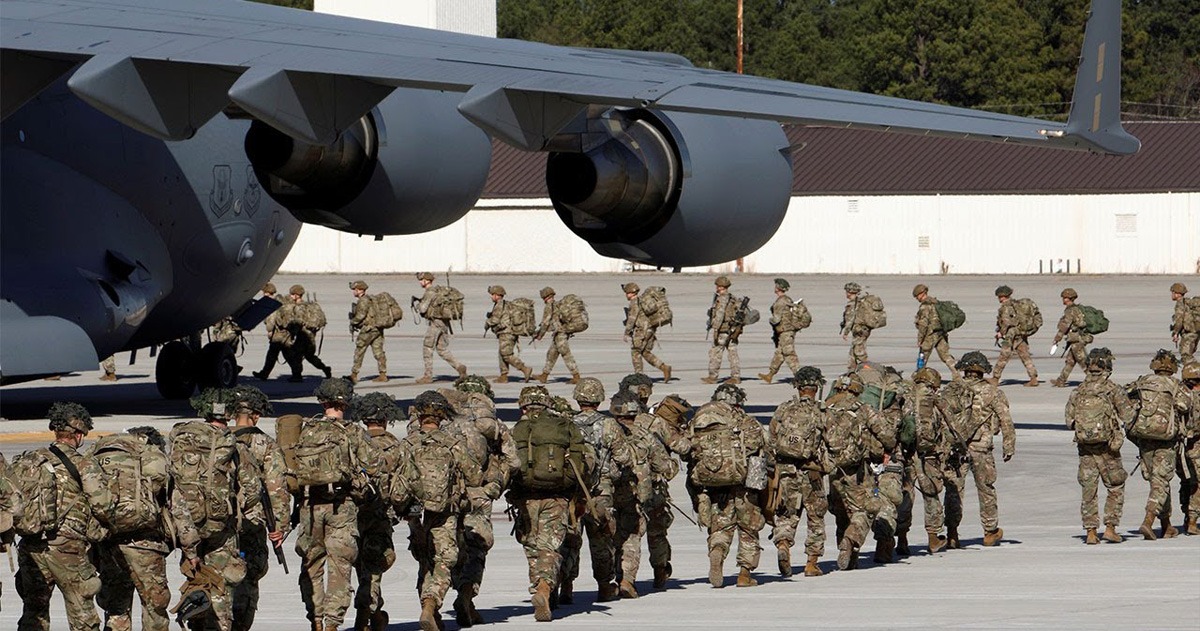 |
 |
|
|
 |
|
 Northern Africa Weighs on Oil Production
Northern Africa Weighs on Oil Production 
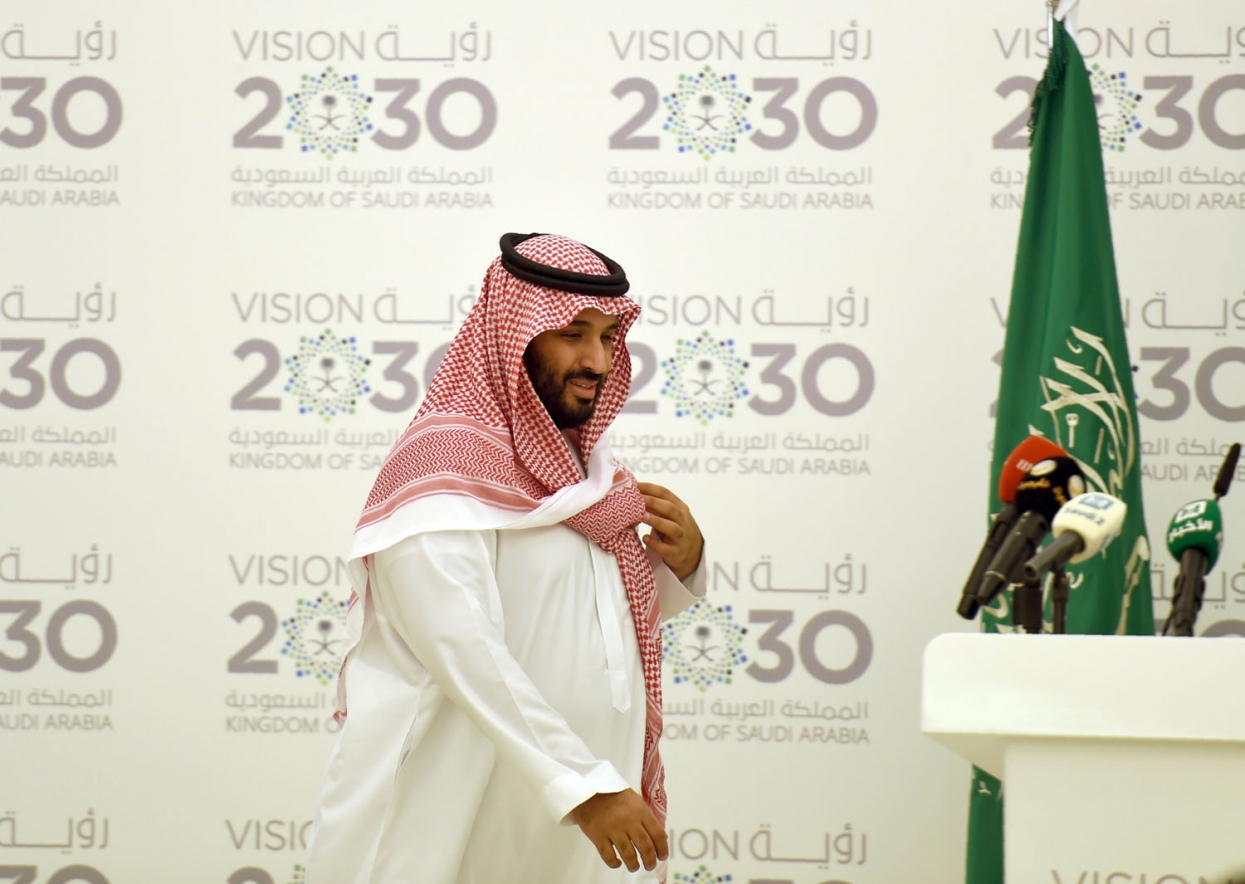
23.08.2020
21:32 PST
SF Bay Area, CA – Familiarly, a trade deal between Algeria and the EU is being offset over political and economic discord with national sovereignty issues. Publicly, the EU is plagued from the Brexit agreement which reflects a major economic, military and political shift in Europe. Evidently, the expansion of the EU since the initial trade agreement with Algeria has significant relevance on a new trade deal without pondering Brexit. Likewise, economic turmoil in Libya is reaching a boiling point making North Africa weigh on oil production. Nationally, Libya is enduring years of stagnation which is the source of the ongoing water shortage and power blackouts. Yet, Libya has the largest proven oil reserves in Africa as political riff from NATO suffocates the region.
Appropriately, the two rival political parties in Libya intend to hold nationwide elections to ease tensions. Regionally, Libya is under pressure to abandon support for NATO as Turkey, Iraq, Iran, Afghanistan and Syria thwart the permenant presence of NATO forces.
Recently, Saudi Arabia's oil giant Aramco CEO, Amin H. Nasser stated, "The cornerstone of our company is the energy production, reliable supply and our commitment to our customers, especially in such difficult times, therefore we have developed emergency and prevention plans in all areas of our business to ensure the ongoing of our business, so that we can meet the needs of our customers around the world from energy products." Meanwhile, safety and security during recovery from the COVID-19 pandemic is a top priority in Northern Africa as political riff NATO subsides.


 MICEX Intermarket News
MICEX Intermarket News 
 |
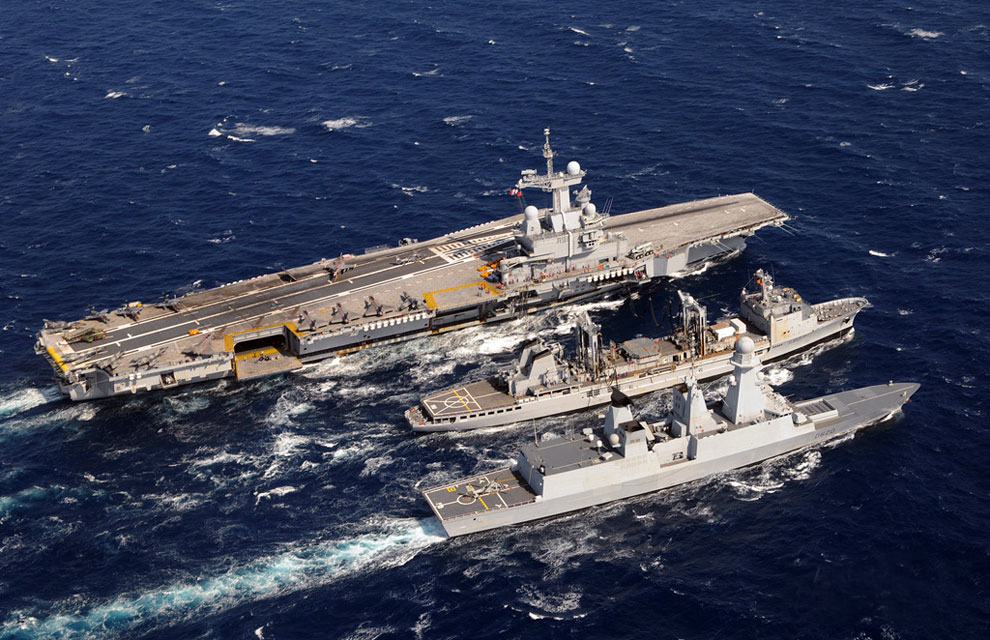 |
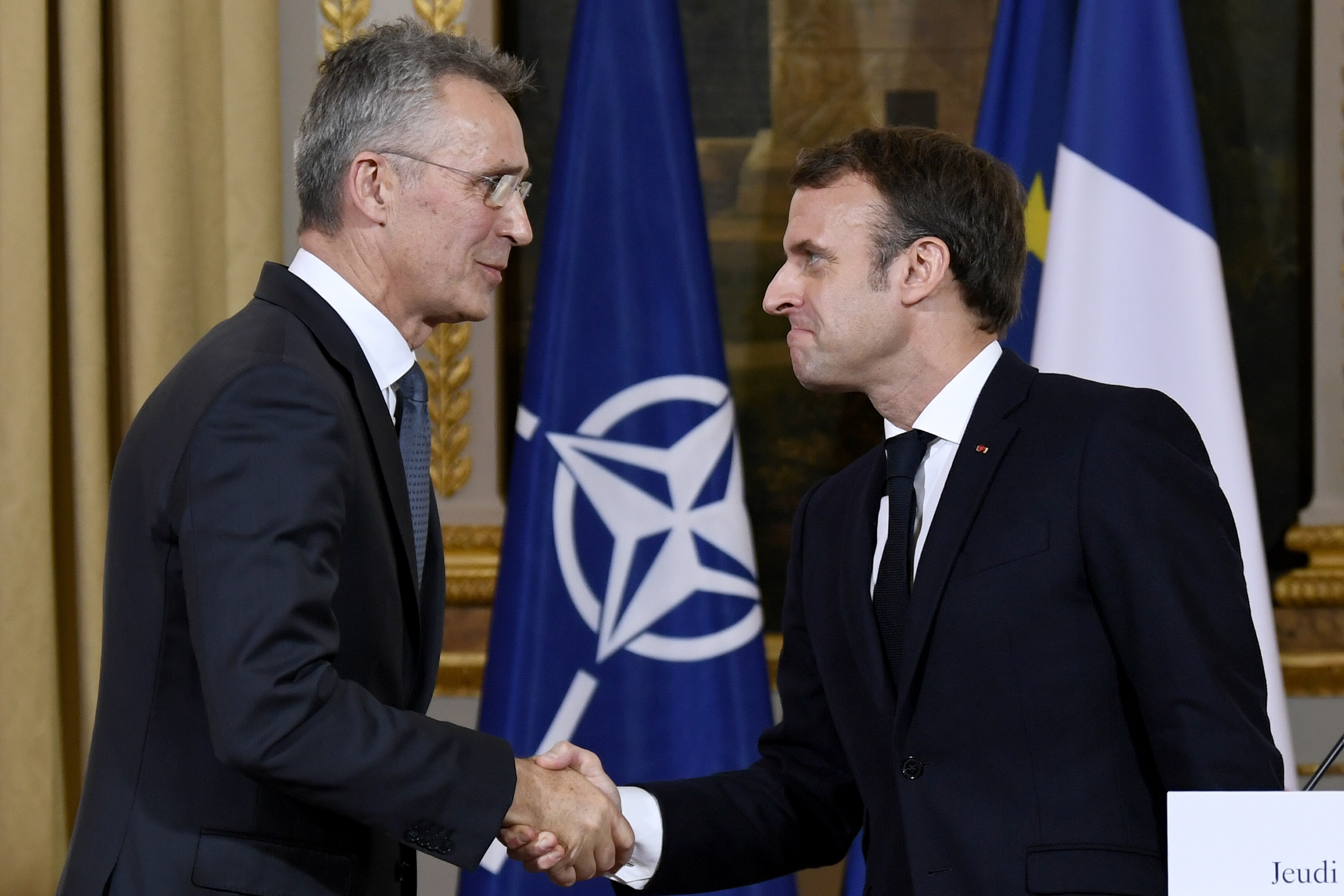 |
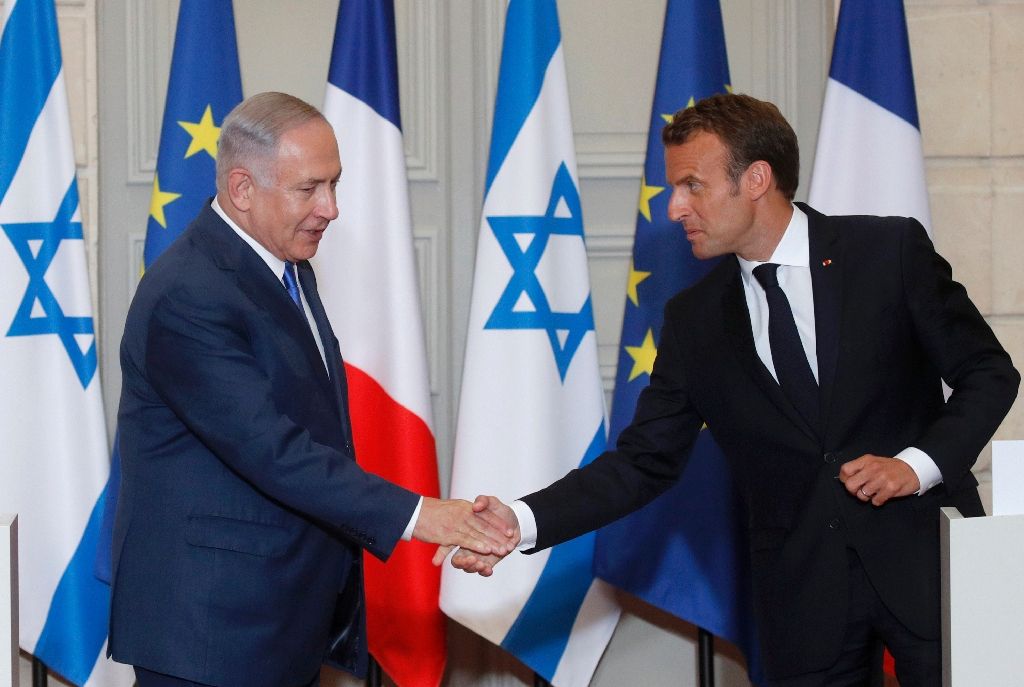 |
 |
|
|
 |
|
 India Expands Military Ties With ASEAN
India Expands Military Ties With ASEAN 
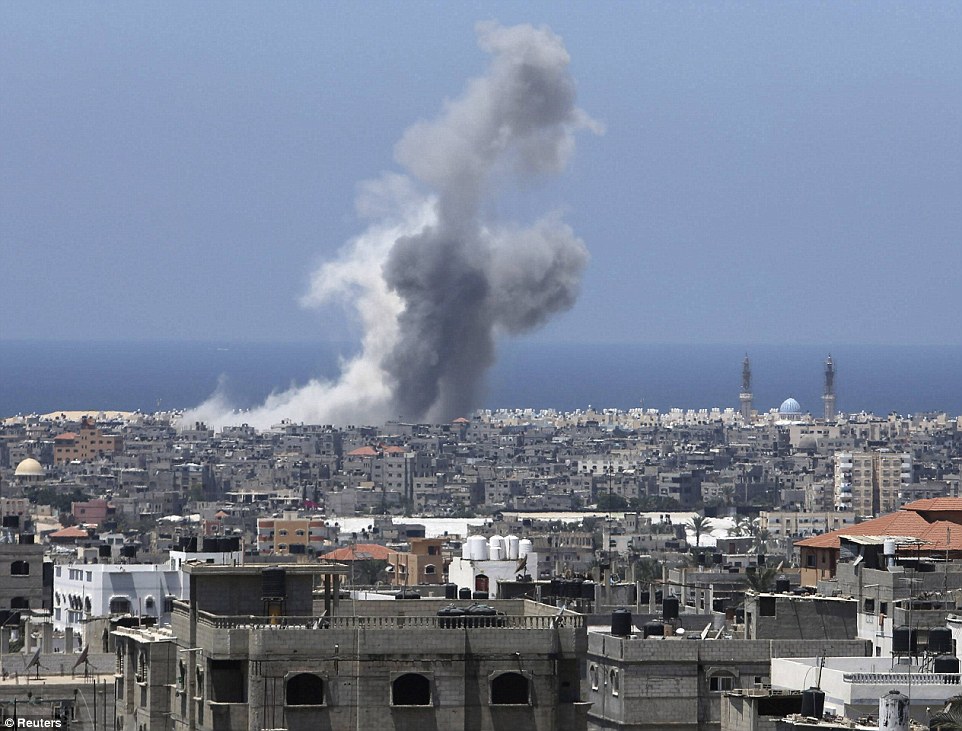
23.08.2020
22:22 PST
SF Bay Area, CA – Significantly, India is building stronger ties in West Asia as tensions over Eastern Ladakh fray with China over economic expansion. Keenly, India's Prime Minister Narendra Modi extended warmth to its West Asian neighbors while ensuring that security and trust is kept a top priority in India. Innately, PM Modi mentioned that India "has strengthened its relationship with all the countries in its extended neighborhood in the last few years." Fittingly, military integration with China from Ladakh enables India to succeed in economic endeavors with ASEAN nations. Thus, PM Modi indicated, "The political, economic and human relations with the countries in West Asia have progressed manifold. Trust has increased manifold."
DETAILS TO FOLLOW

[Top]
[Top]








